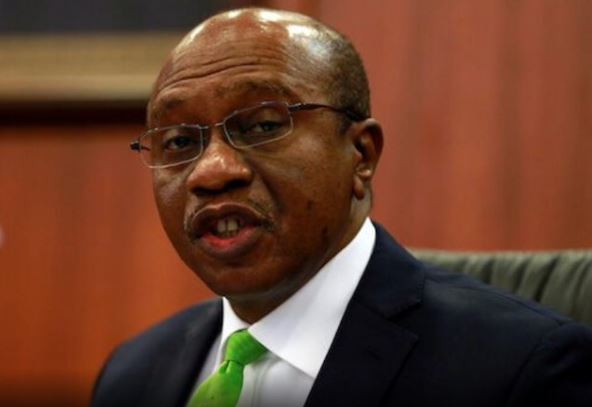Godwin Emefiele, the governor, Central Bank of Nigeria (CBN), has said that the RT200 has seen the repatriation of $7.3 billion since it was introduced 18 months ago.
The apex bank governor said this in Lagos on Tuesday at the third edition of the RT200 Non-Oil Export Summit.
The programme was introduced in 2021 with the aim of ensuring that Nigeria achieves the goal of $200 billion in FX repatriation, exclusively from non-oil exports in the next five years.
In recognition, the Central Bank of Nigeria (CBN), in collaboration with the Bankers’ Committee, identified the RT200 programme and export promotion in general as a critical tool for attaining sustainable and stable external balance and safeguarding the value of our local currency.
Emefiele said, “I am happy to note that the RT200 programme has made good progress in export proceeds repatriation since its establishment in February 2022. Available data show that repatriation due to the programme increased by 40 percent from $3.0 billion in 2021 to $5.6 billion at the end of 2022.
“The momentum for 2023 is equally showing strong numbers and impressive prospects. In the first quarter of 2023, a total of $1.7 billion was repatriated to the economy while about $790 million was sold at the I&E window year-to-date.
“The balance of the proceeds remained in the Export Domiciliary Accounts of exporters. Please note that proceeds that are not sold at the I&E window cannot and will not be eligible for the rebate. So, we encourage holding their export proceeds in their domiciliary accounts to take advantage of the rebate by selling at the I&E window.
“We all know that a nation that continues to consume more than it produces, a nation that imports more than it exports, is a nation that is destined to fail as there will be no meaningful development of any nation without harnessing its export sector potentials for the good of the country. In the case of Nigeria, we know that developing the non-oil export sector is absolutely imperative, given that this holds vast potential for generating a significant amount of foreign exchange earnings.
“In some countries, the period of repatriation ranges from less than six months from exportation of the product and could result in prosecution if proceeds are not repatriated on time. In Ghana, for example, export earnings must be repatriated to the country, at least 40 percent of which must be converted to the domestic currency within 15 working days of repatriation. Exporters may hold the remainder in a Foreign Exchange Account (FEA).
“In India, the Foreign Exchange Regulation Act permits the realisation and repatriation of the export proceeds within nine months from the date of export. For any export to a warehouse established outside India, with the permission of the Reserve Bank of India, export proceeds can be repatriated within 15 months from the date of shipment. Many countries of the world have these requirements to ensure effective export repatriation.
“You will agree, that the challenges facing our country today are many and evolving. These challenges require the enactment of unconventional, innovative, supportive and complementary macroeconomic policy actions inclined towards a market-based financing system. Some of these innovative ideas could spring from deep system thinking and be powered by technology to engender growth and rapid transformation. Unfolding global economic development suggests that monetary policy was reaching its limit and would need complementary help from other spheres of the economy to propel for sustainable advancement”.
He called on exporters, flying the flag of Nigeria in the international market that the Bankers’ Committee and the CBN stand ready to partner with them to achieve their goals as he said that they stand to benefit from the many financial programmes introduced by the CBN through their banks and as such grow their business exponentially.
To ensure transparency, Emefiele said the apex bank will begin to publish and advertise the names of companies that benefit from the non-oil export rebate payment under its ‘Race to $200 billion in FX Repatriation (RT200FX) initiative.’
He said public disclosure will commence next week and will cover beneficiaries from January to March.
On the FX rebate side, the CBN had promised that exporters would enjoy a rebate of N65 for every dollar of non-oil export proceeds sold to third parties at the importers and exporters (I&E) window.
The regulator said it had paid out over N3.5 billion as rebates to eligible non-oil exporters as of June 17, 2022.











